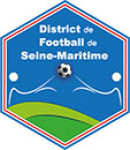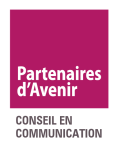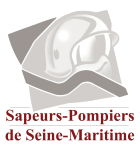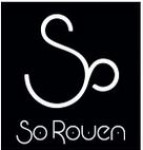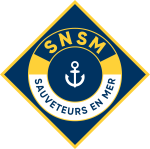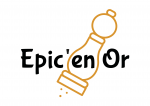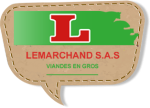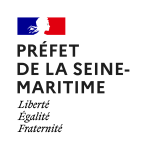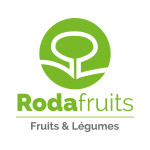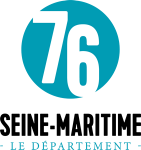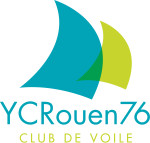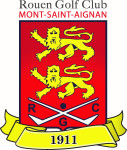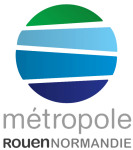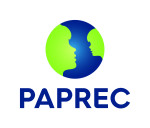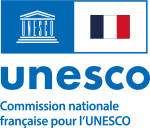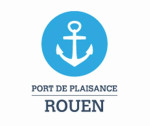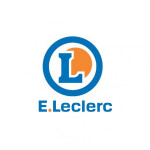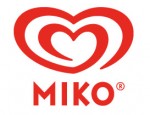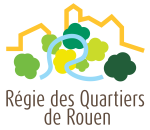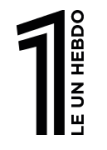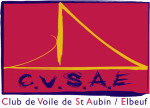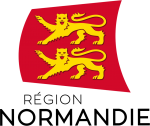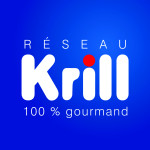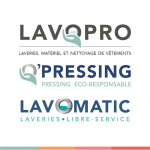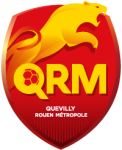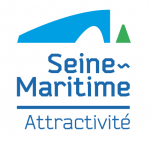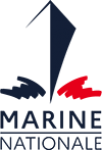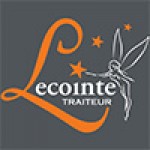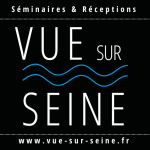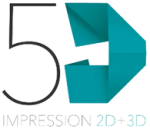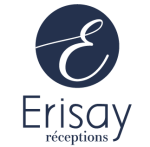



Exhibition Oceans of Plastic(s): Art and awareness at the Pavillon des Transitions
Vous êtes ici : Home /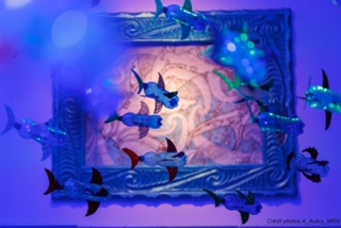
The Pavillon des Transitions, a place dedicated to the ecological transition, is hosting a double exhibition until 30 November, raising awareness of plastic pollution and its impacts, particularly on the oceans.
The immersive exhibition "Bottled Ocean 2123
Using plastic and polystyrene recovered from the coastline, Rouen-based Maori artist Georges Nuku recreates the seabed, projecting into the future: if plastic continues to invade our oceans, the marine flora and fauna will themselves become plastic. This exhibition, first presented in Rouen in 2015, has travelled around the world and has been enriched before returning to the Pavillon des Transitions, with works that question our relationship with nature, our consumer society and plastic. It is presented in an immersive way: lights, reflected on the plastic works, allow us to immerse ourselves in a surprising and intriguing setting.
Artists often draw on noble materials to fuel their inspiration. Wood, marble, glass... Against the current, the artist has decided to bring out the beauty by summoning the substrate declared to be the environment's sworn enemy: plastic. For the artist, who considers that the world has embarked on a process of chemical mutation: "The plastic bottle has become a totem of modern life. A source of pollution, it is also a vital element for man. It contains drinking water and allows it to circulate (...) When the polar ice cap melts, the planet will be covered in salt water. Only those who have been able to adapt will survive. Then, perhaps, the whales, fish, algae and coral will be made of plastic. By integrating it into his art, George Nuku sublimates this material without denying its danger. "The worst thing you can do when faced with a monster is to ignore it. This is what stimulates our desire to "build a new relationship with the fragile world that is our home.
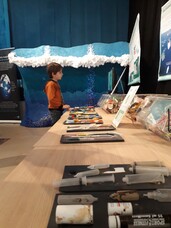
The exhibition "Plasticised Oceans and Seas
Plastic is a material that is found in all everyday objects: from toothbrushes to candy wrappers to laptops. These objects are called "waste" when they are left behind voluntarily or accidentally. Plastic, in general, can end up in our environment at any stage of its life cycle, through accidental losses during transport or through poor management.
This material, mostly derived from oil, has a long life in the environment: plastic never really disappears but breaks down into smaller and smaller particles that can enter the food chain. Plastic waste has direct impacts on marine life, but these impacts also apply to humans...
Through this exhibition, the public will be able to discover the origin of plastic: its arrival in the terrestrial and marine ecosystems, its environmental, sanitary and economic impact as well as the sustainable solutions and alternatives to face this pollution.
In addition to these exhibitions, the Pavillon des Transitions will offer every day during the Armada for all audiences animations and workshops around biodiversity, Do-it-yourself, alternatives to plastic and the protection of the oceans.
Pavillon des Transitions-H2o Quai de Boisguilbert, right bank. Open from 10am to 7pm (except 8 June at 6pm). Free admission.
AGENDA
8 June :
10 am; Océans de Plastique(s) exhibition and activities
Do-it-yourself workshop, family games about water and oceans.
From 10am to 6pm, free admission. Full programme at https://www.notrecop21.fr/le-pavillon-des-transitions-fete-larmada
9, 10, 11, 12, 13, 14, 15, 16 and 17 June Océans de Plastique(s) exhibition and events
Do-it-yourself workshop, family games about water and oceans.
From 10am to 7pm, free admission. Full programme at https://www.notrecop21.fr/le-pavillon-des-transitions-fete-larmada

